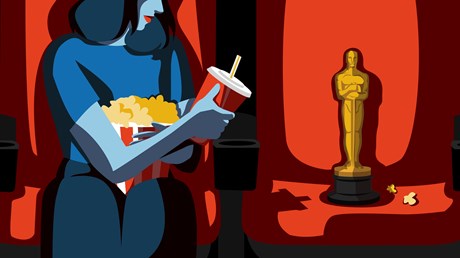We long to be known and loved. But false community won’t get us there.

This piece was adapted from Russell Moore’s newsletter. Subscribe here.
Unlike Macaulay Culkin, the ten-year-old who starred in the famous Christmas movie Home Alone, his younger brother Kieran Culkin turned down multiple opportunities to be a child star. He learned by observation that he didn’t want a life of fame—knowing it could lead to things like substance abuse, court guardianship battles, and the like.
We might be tempted to view the life choices of famous people like the Culkin brothers from a distance. But maybe we’re looking into a collective mirror. Today, fame is not just something that happens to stars, child or otherwise. Thanks to the age of social media, many of us are turning into mini-stars, with the only real difference being the size of our audience.
The recently leaked “Facebook Files,” which discuss the inner workings of the social media company, include data about the harm Instagram usage inflicts on the self-image of adolescents, especially teenage girls. Every child or teen faces a fear of judgment from their peers. They also fear being exiled from their social group. (This also why very few of us would ever wish to time travel back to our middle school days.)
However, the world of social media seems to heighten these dynamics—where almost everyone is followed by a kind of paparazzi, exposing and subjecting us to the approval or disapproval of our peers, acquaintances, and often complete strangers.
Philosopher Alain de Botton argued in his book The School of Life that one way to gauge your parenting is to ask your child whether they aspire to be famous. He says the quest for fame is different from other (equally risky) aspirations to acquire wealth, power, or ...
from Christianity Today Magazine
via


.gif)

.gif)
.gif)
